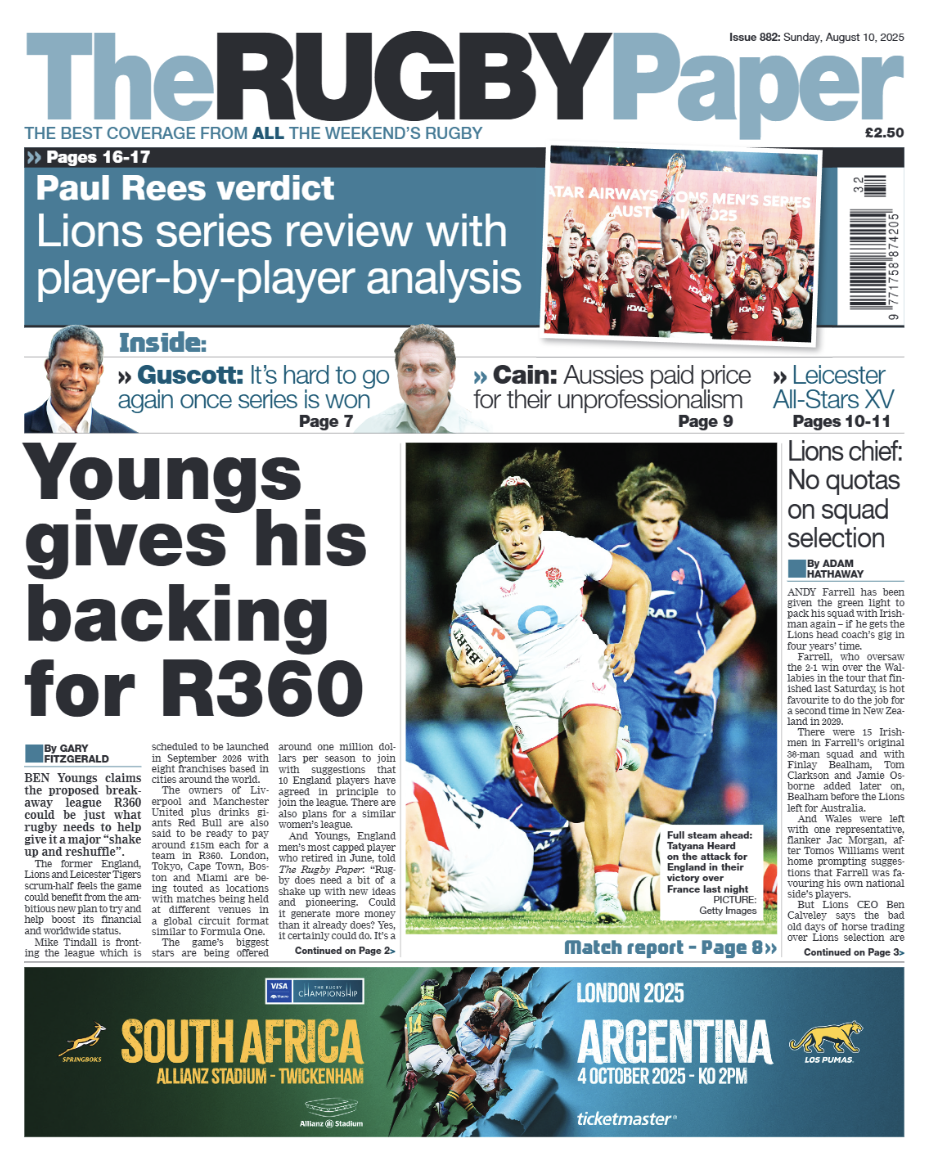
With the Rugby World Cup just on the horizon, the Six Nations teams’ final preparation phase has commenced. In the upcoming weeks, these teams will fine-tune their strategies, address lingering issues, and seek to solidify their game plans that could define their success in the global tournament.
The earlier tournament brought to light the potential of the Northern Hemisphere. Every fan with Six Nations rugby tickets watching a game felt that the Rugby World Cup would remain in the North this year.
And, it was a feeling that fans who’ve watched the games with Six Nations rugby tickets have patiently waited.
The last time a Northern Hemisphere team won a World Cup was in 2003, thanks to the beautiful drop goal by Johnny Wilkinson.
But now, the fans who had Six Nations rugby tickets are waiting for their chance to make the world and witness history rewritten.
Before that, let’s delve into the critical points each team must address during their warm-up matches.
France: Balancing Artistry and Structure
The French got the unfortunate end of the Six Nations. Everyone with Six Nations rugby tickets were rooting for France for the title, but the Irish were too powerful.
But playing at home, the Rugby World Cup is all theirs to win.
France boasts remarkable squad depth and improvisational prowess that often dazzles their opponents. However, their challenge lies in achieving a harmonious blend of spontaneous creativity and tactical organization. While their off-the-cuff style of play can be breathtaking, France needs to fine-tune their approach to handle opponents with rigid game plans effectively.
Italy: Precision and Execution
Impressive structures in attack and defense have accompanied Italy‘s emergence as a competitive force. Yet, accuracy could improve their progress, particularly in crucial moments.
By tightening up their execution, eliminating errors, and maintaining consistency in both phases of play will be critical for Italy to translate potential into results.
Wales: Stability in Selection
Wales’ strength lies in their formidable squad, but inconsistent team selection has hindered their cohesion. Establishing a consistent starting XV and allowing players to build chemistry could provide the stability needed for a successful campaign. With the departure of key veterans, Wales has a chance to mold a new generation of starters and ensure a united approach.
Ireland: Adapting Without Sexton
If one player needs credit for the Six Nations triumph of Ireland this year, all fans who had Six Nations rugby tickets would’ve agreed it was Johnny Sexton.
But, Sexton’s recent fitness issues and suspension force Ireland to prepare for the World Cup without Sexton.
That’s where Ross Bryne comes in.
Developing a seamless transition in the playmaking role and showcasing Ross Byrne’s ability to lead the team confidently will be crucial. Ireland must prove their adaptability and effectiveness without their veteran fly-half.
Scotland: Conquering Inconsistency
Scotland‘s dazzling attacking prowess is well-known, yet their inconsistency in performance poses a significant hurdle.
Overcoming the tendency to follow exceptional displays with lackluster ones is imperative. Maintaining a high standard of play across matches will be the key to Scotland’s success.
England: Finding the Playstyle Balance
England faces a strategic dilemma between a structured, territory-focused approach and a more daring, improvisational style. Balancing the play styles embodied by Owen Farrell and George Ford with the creative dynamism of Marcus Smith is a pivotal task.
After a somewhat disappointing tournament that made fans with Six Nations rugby tickets tear down in disappointment, coach Steve Borthwick now needs to must navigate this challenge to ensure a cohesive and effective team strategy.
As these Six Nations teams engage in warm-up matches, they have a golden opportunity to fine-tune their game plans, address weaknesses, and build the confidence required to make a resounding impact on the upcoming Rugby World Cup. The path to success is through adjustments, unity, and strategic prowess, all of which will be tested in the battles ahead.
Revamping International Rugby: The Biennial Tournament Shaping the Future
Six Nations Rugby and Sanzaar (South Africa, New Zealand, Australia, and Argentina Rugby) have joined forces to introduce a biennial tournament in a groundbreaking move set to reshape the landscape of international rugby.
The tournament will commence in 2026; this innovative competition aims to infuse new energy into the sport, striking a balance between player welfare and exhilarating gameplay.
Biennial Format and Inclusivity
The biennial tournament will offer a fresh perspective on international rugby by aligning with British and Irish Lions tours and Rugby World Cups. This strategic synchronization will ensure that player fatigue is not exacerbated, dispelling concerns over burnout. The competition’s lineup includes the formidable Six Nations teams – England, Scotland, Wales, Ireland, France, and Italy – alongside the Rugby Championship teams, collectively known as Sanzaar.
The inclusivity of the tournament extends to two additional slots reserved for invitational unions from the southern hemisphere. This expansion broadens the playing field and fosters collaboration and diversity within the rugby community.
A Promising Future and Second-Tier Competition
Alongside introducing the biennial tournament, World Rugby will present a complementary second-tier competition. This innovative platform will offer teams from Europe and the rest of the world an opportunity to compete and progress, fostering healthy competition and raising the overall standard of play.
The eventual incorporation of promotion and relegation matches adds an exciting element of uncertainty and aspiration, keeping the rugby world on the edge.
New Venues Bring Fresh Air to France’s Six Nations Hosting
In a significant departure from tradition, France’s home Six Nations matches are set to embrace new locations, offering fresh air to the championship. The tournament organizers have unveiled Marseille, Lille, and Lyon as the exciting new venues for the upcoming edition, promising a refreshing change of scenery and atmosphere for those set to purchase Six Nations rugby tickets.
For the first time in history, France will step away from its iconic home at the Stade de France in Paris to explore the diverse landscapes of Marseille, Lille, and Lyon. This move ushers in a new hosting era, redefining the ambiance and dynamics of Six Nations matches on French soil.
A Vibrant Lineup of Matches
The kick-off is in Mareseile, where the French face Ireland which will set the tone for the rest of the rugby action.
Next up, Lille will take the spotlight when France meets Italy. The vibrant city that has plenty of history now will get an opportunity to be a part of the Six Nations hosting.
When the tournament unfolds, the opportunity comes for Lyon when France plays England which will be an epic showdown. For those looking to make it to the tournament with Six Nations rugby tickets, France home games will definitely be a go-to option.
























You must be logged in to post a comment Login